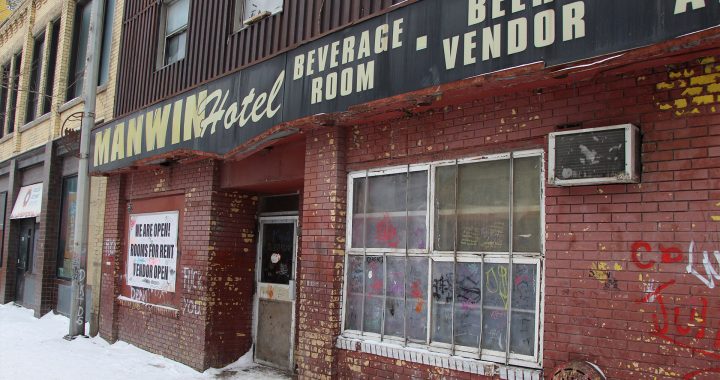The Canadian Press
TORONTO – Yet another proposed class action related to the so-called ’60s Scoop alleges the federal government was negligent in allowing Indigenous children to lose their cultural identities when they were taken from their homes and placed with non-Indigneous families.
The new claim, filed in Federal Court this week, comes hard on the heels of a ruling that the government was liable for the harm suffered by on-reserve children in Ontario who were placed in non-Indigenous homes, and weeks after Ottawa announced it wanted to negotiate with all scoop victims across the country.
According to the unproven statement of claim in the latest case, the proposed class comprises all Aboriginal children in Canada taken from their families and placed with non-aboriginals, who did not raise them “in accordance with the Aboriginal person’s customs, traditions and practices.”
Among other things, the proposed suit alleges the federal government failed to prevent the children’s loss of cultural identity and to ensure they were made aware of their Aboriginal status, effectively depriving them of their treaty rights.
“Canada was careless, reckless, wilfully blind, or deliberately accepting of, or was actively promoting, a policy of cultural assimilation,” the unproven statement of claim states.
The representative plaintiff in the proposed lawsuit is Wendy Lee White, 44, of St. John’s, N.L. According to the statement of claim, White was born Pauline Numa in North West River, Labrador. She was taken from her Innu mother as a toddler before being adopted by non-Aboriginal parents just before her third birthday.
The proposed suit, filed by lawyers for the firm Koskie Minsky in Toronto, seeks $500 million in damages for breach of fiduciary duty and negligence, and $100 million in punitive damages.
The claim specifically excludes the on-reserve ’60s Scoop victims in Ontario who won last month after a bitterly fought years-long battle with the federal government.
In that landmark ruling, Ontario Superior Court Justice Edward Belobaba ruled that Canada failed to take reasonable steps to prevent thousands of on-reserve children from losing their Indigenous heritage after they were placed with non-Indigenous families between 1965 and 1984. Damages, in that case have yet to be determined.
Shortly before he was set to rule, Indigenous Affairs Minister Carolyn Bennett announced the government wanted to negotiate with all scoop victims, prompting an 11th-hour effort by federal lawyers _ which they later gave up _ to block Belobaba from releasing his decision.
Bennett did not immediately respond to a request for comment on the new action, which is one of several others already filed years ago in provinces across the country. None of them has been certified.
A meeting took place in Toronto with lawyers representing these suits to negotiate an out of court settlement.
Koskie Minsky, which has been in a fight with another class-action firm over the 60s Scoop in western provinces, said the issue is a “Canadian problem” and the proposed Federal Court action is an attempt at getting quicker justice for victims.
“There is a lot of procedural wrangling going on in the provincial cases,” said Scott Robinson, an associate with the law firm. “Class members have been left without access to justice for years in those cases _ until we got involved _ and we have tried to push them forward.”
Morris Cooper, co-counsel in the successful Ontario action, said, however, that the plethora of Scoop suits highlights problems with Canada’s class-action rules that have led to ongoing fights between law firms, with millions of dollars in the form of legal fees at stake.
“The nature of class-action litigation is it has become more analogous to staking mining claims than to actual progress of litigation,” Cooper said. “They are now coming in as the government says ‘we’d like to sit at the table to settle,’ purporting to represent people for their financial gain, not because they have some interest in protecting this disadvantaged group.”











They owe all of us in every province over this. Being taken from your natural parents is not right. This cycle started long before the 60’s. I would have stayed with my natural parents through hell and high water rather then get adopted. I lost who I am as a person and forced to be someone else. This causes depression..resistance. .confusion..it takes us away from who we truly are. Being First Nations is not a crime or disgusting.. I am Cree and hurting people is wrong yet I lived with it being told to me it was. Hiding my culture and self from me and my family and others is wrong. We were born to be raised by our own families. Stop the cycle and allow us our being. I live in Alberta but my reserve is in Manitoba. I lost my language.. my family..my self knowing.. knowing who you are and being raised with your natural parents is vital to a healthy being. Take accountability and responsibility to change this cycle from continuing to happen.